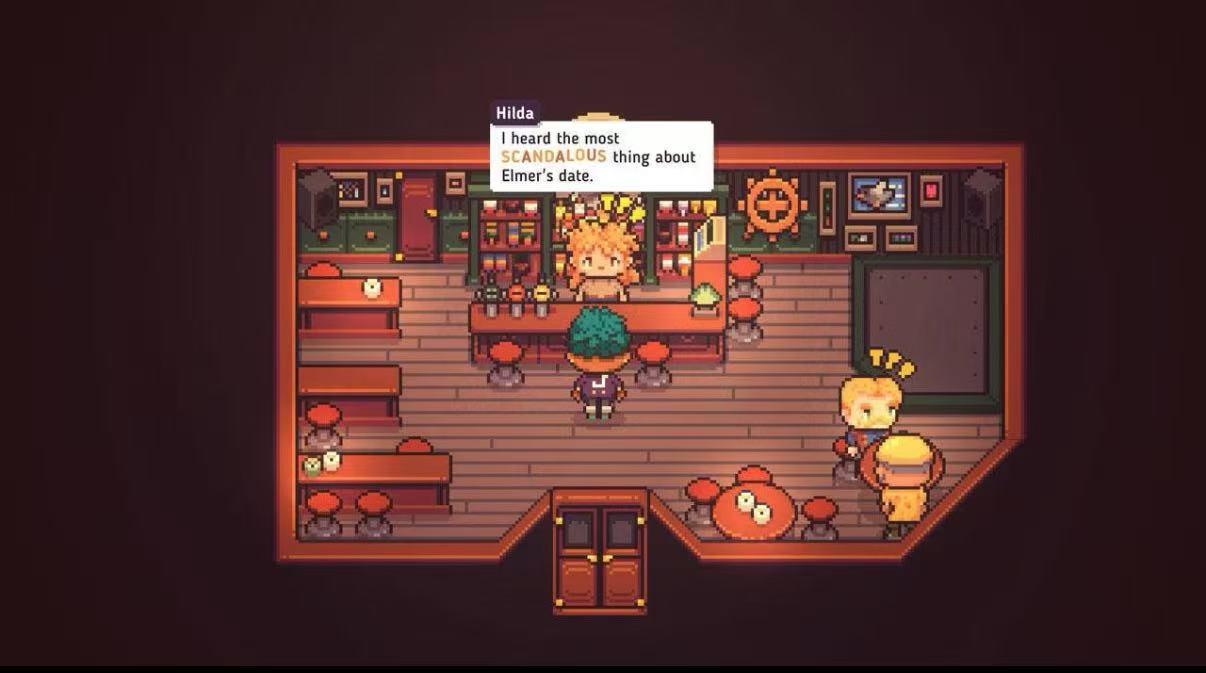

game
Why 90% of Players Fail at Discounty Layout
I ve watched hundreds of Discounty streams and re [ ]
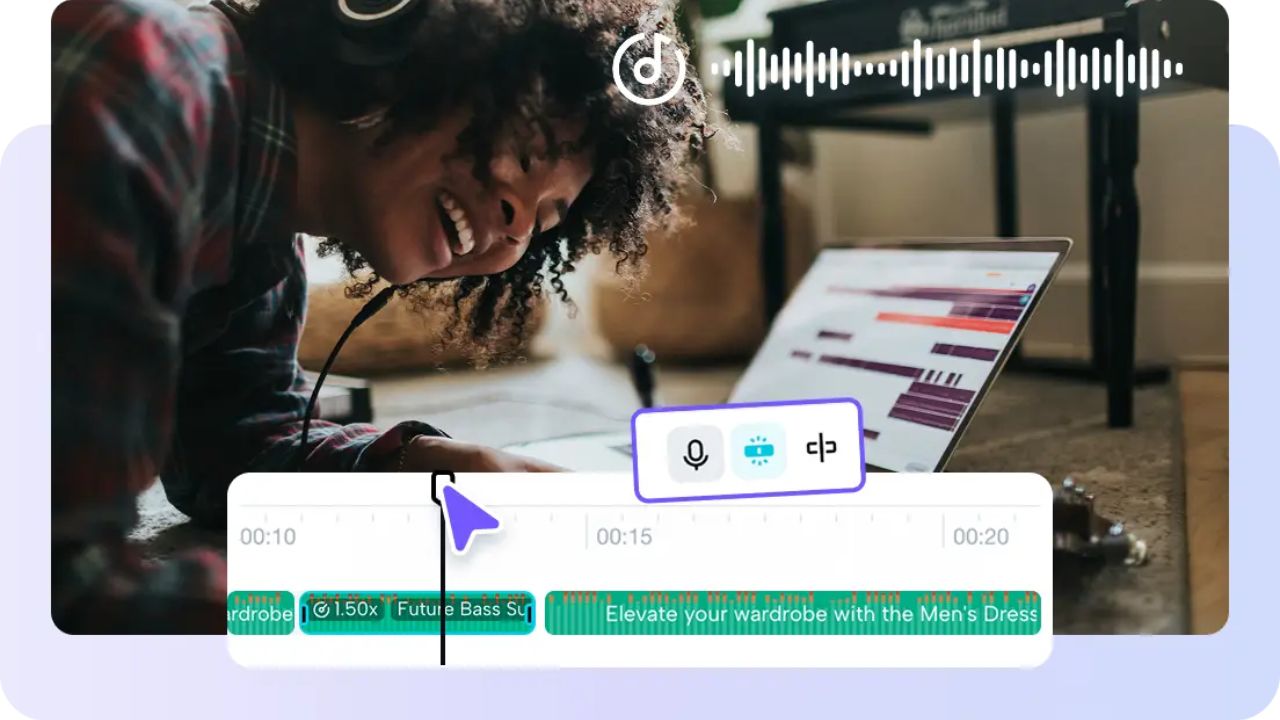
Technology
Seamless Screen and Webcam Recording for Streamers Using Pippit
The success of live streaming content depends on both p [ ]

Technology
Supplies for Hawaiian Party: Capitalizing on Trendy Events
The Hawaiian trend is still going strong, and thus, it [ ]
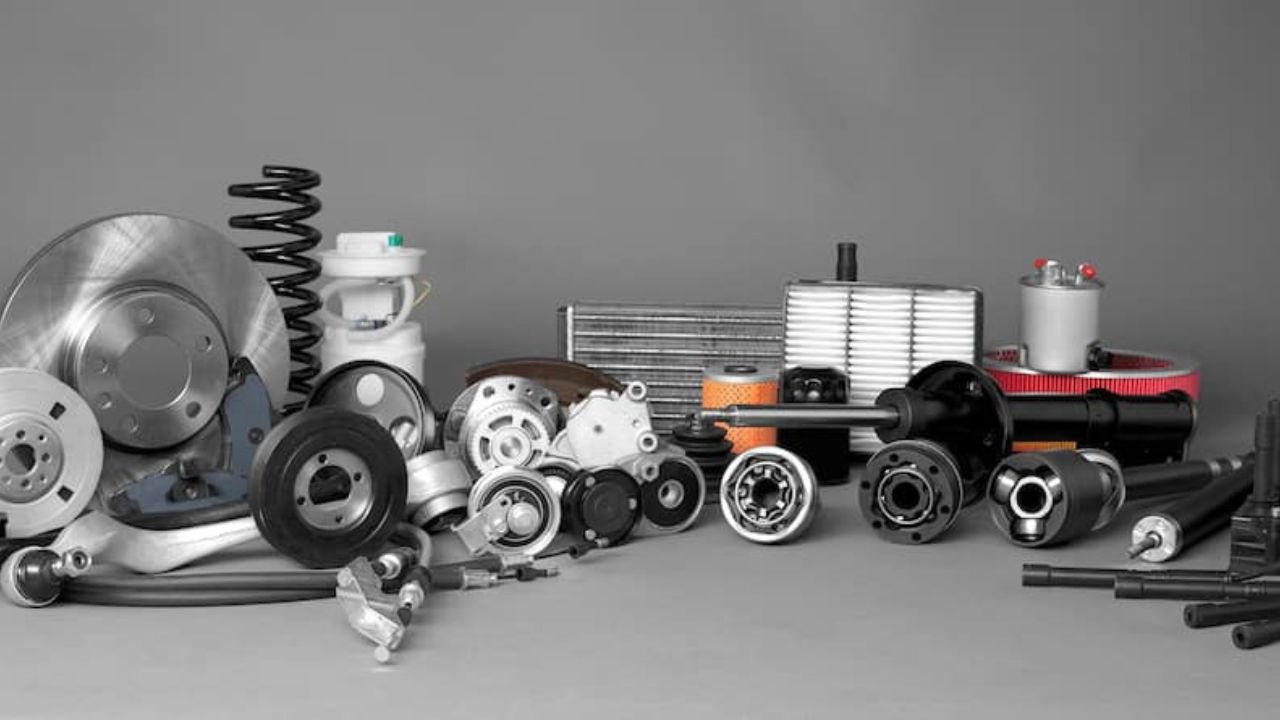
Technology
How to Identify Signs That Your Mulching Teeth Need Replacing
Mulching teeth are among the components that are used i [ ]
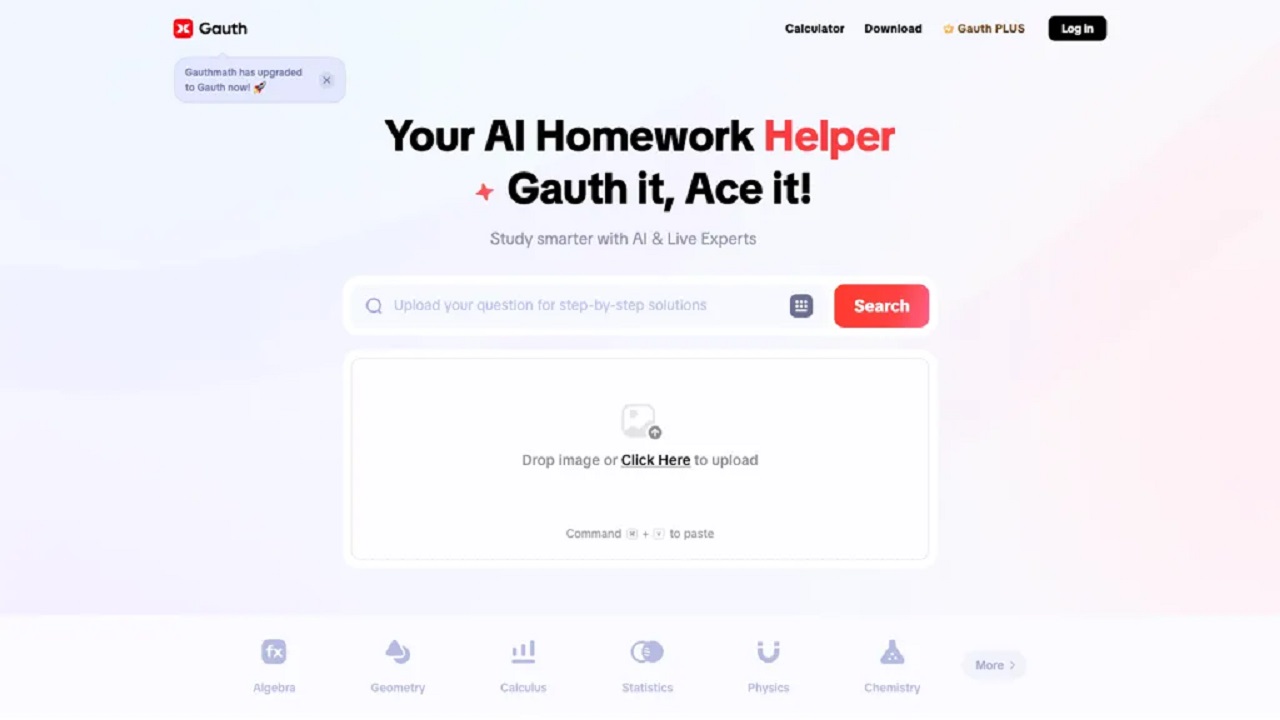
Technology
Gauth and the Relevance of Being Genuine in Personal Statements for Law Students
It is never easy to write a personal statement for law [ ]
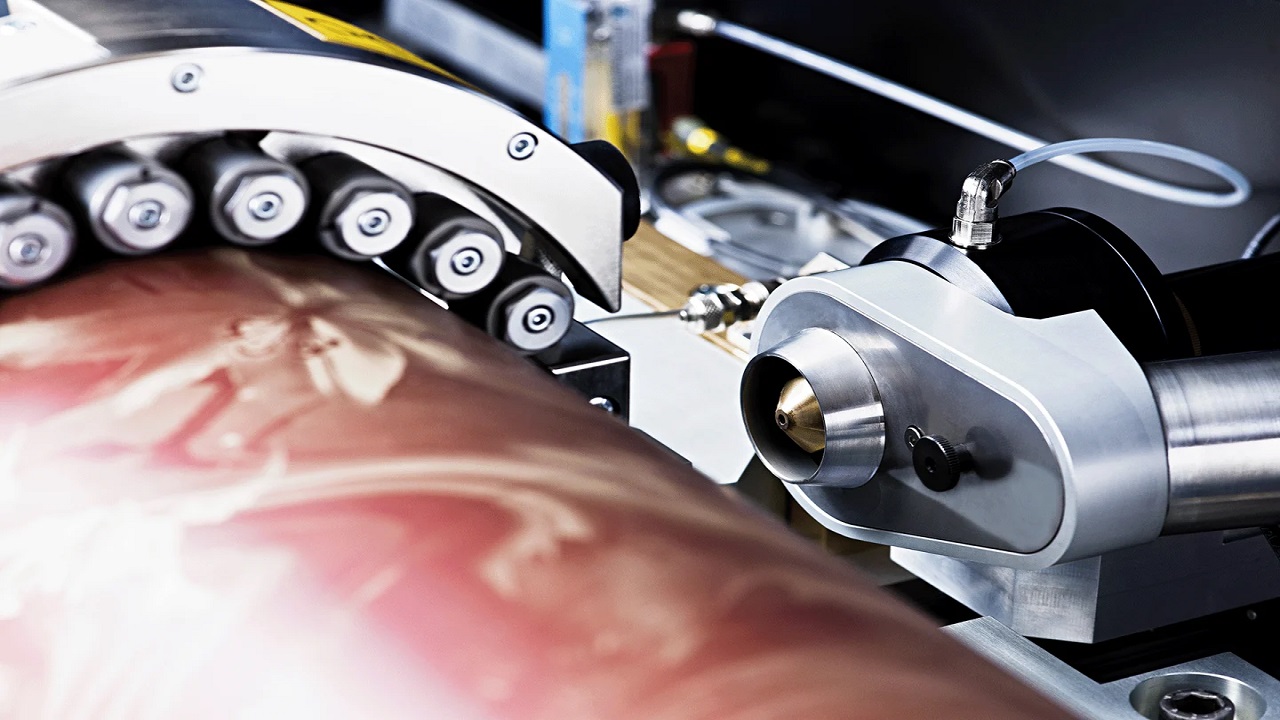
Technology
How Laser Engraving Machines Can Help in Creating Sharp Images for Magazines
In the context of magazine publishing, printed images a [ ]
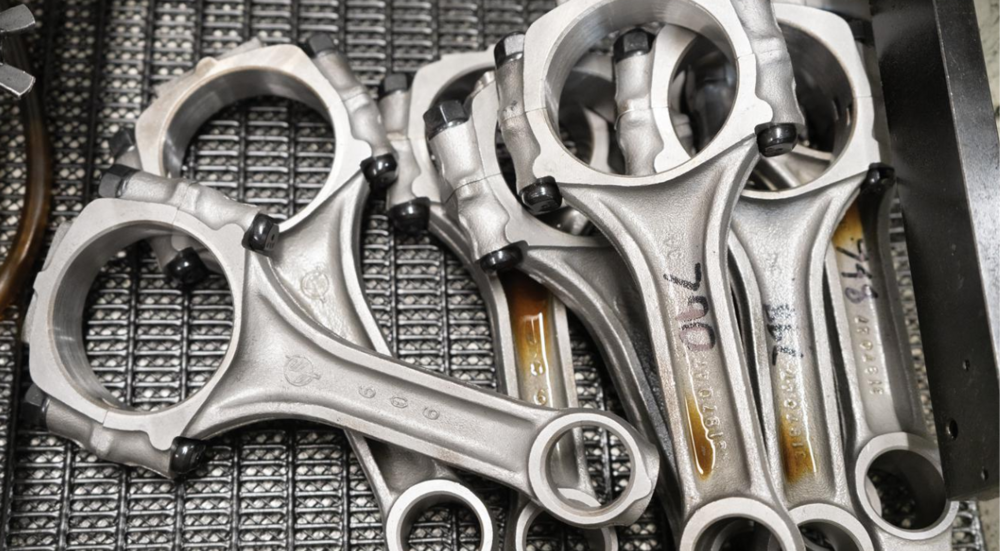
Technology
What Are The Safety Considerations for Using Forged Connecting Rods in Engines?
Forged connecting rods play a critical role in the inne [ ]
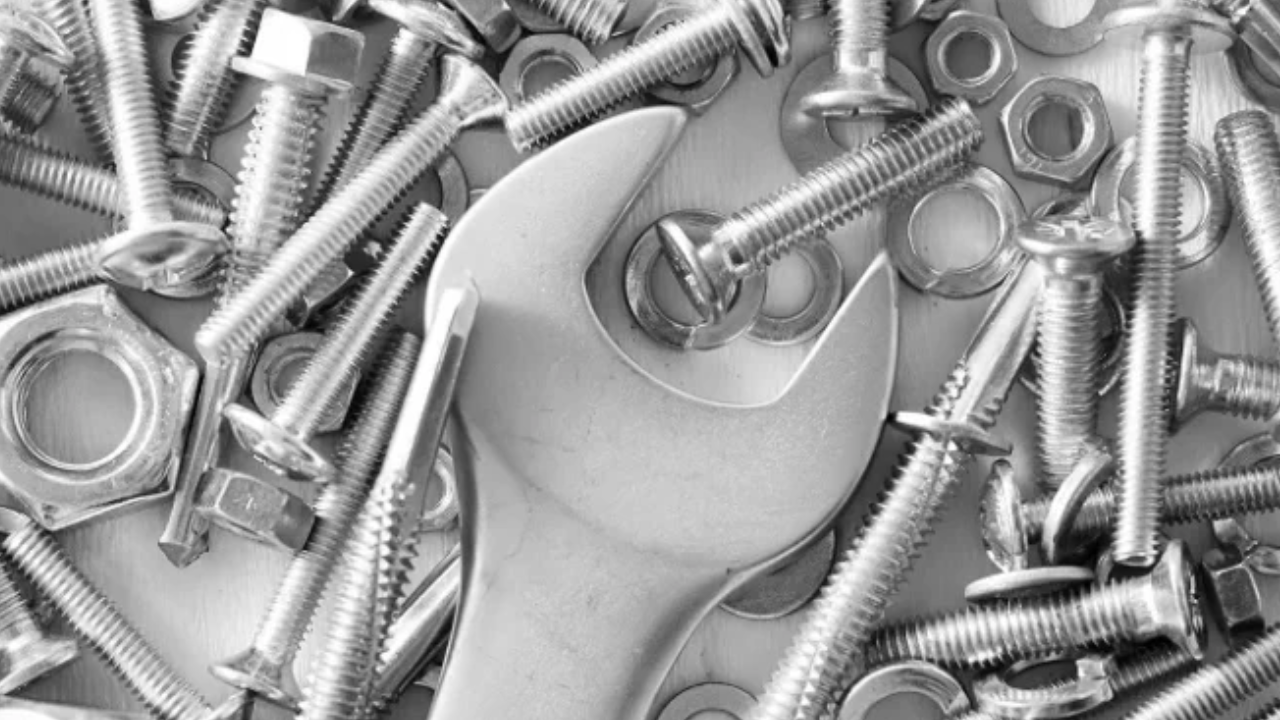
Technology
How Are m8 stainless bolts Coordinated in Construction Projects?
M8 stainless steel bolts are basic in development ventu [ ]
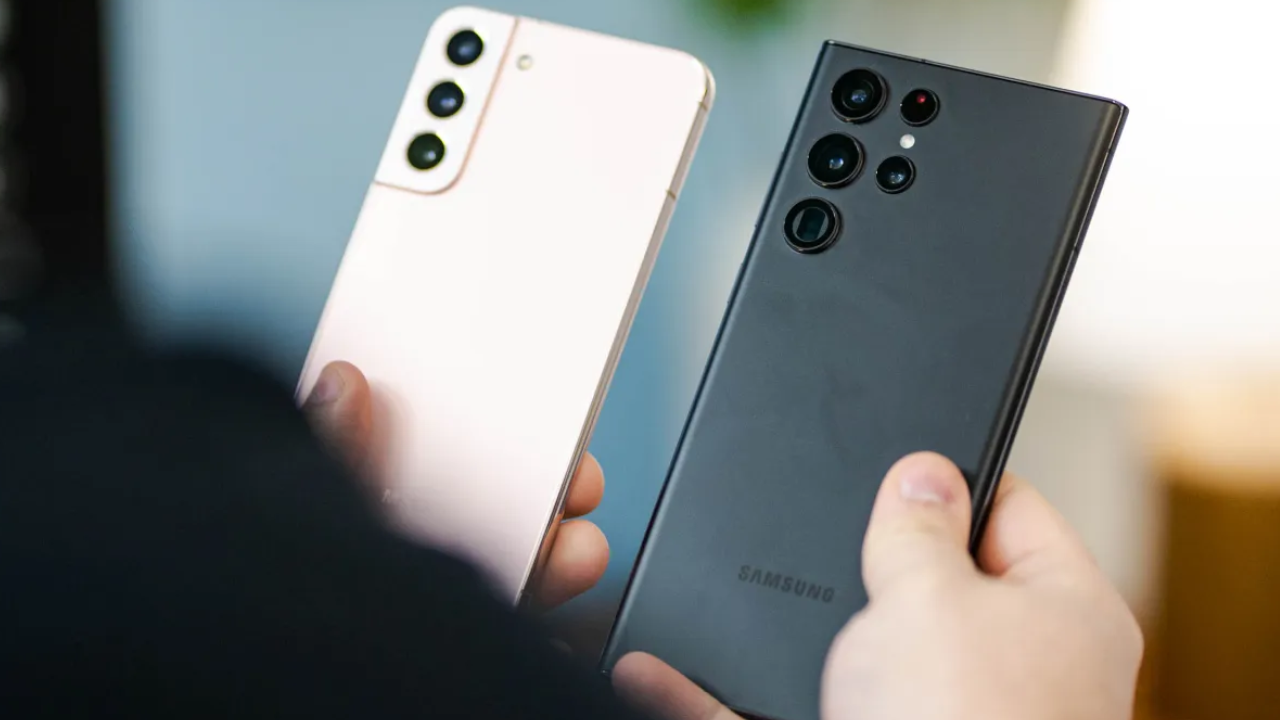
Technology
How to Use an eSIM with a Regular SIM Concurrently?
Embedded SIMs, also referred to as virtual SIM playing [ ]
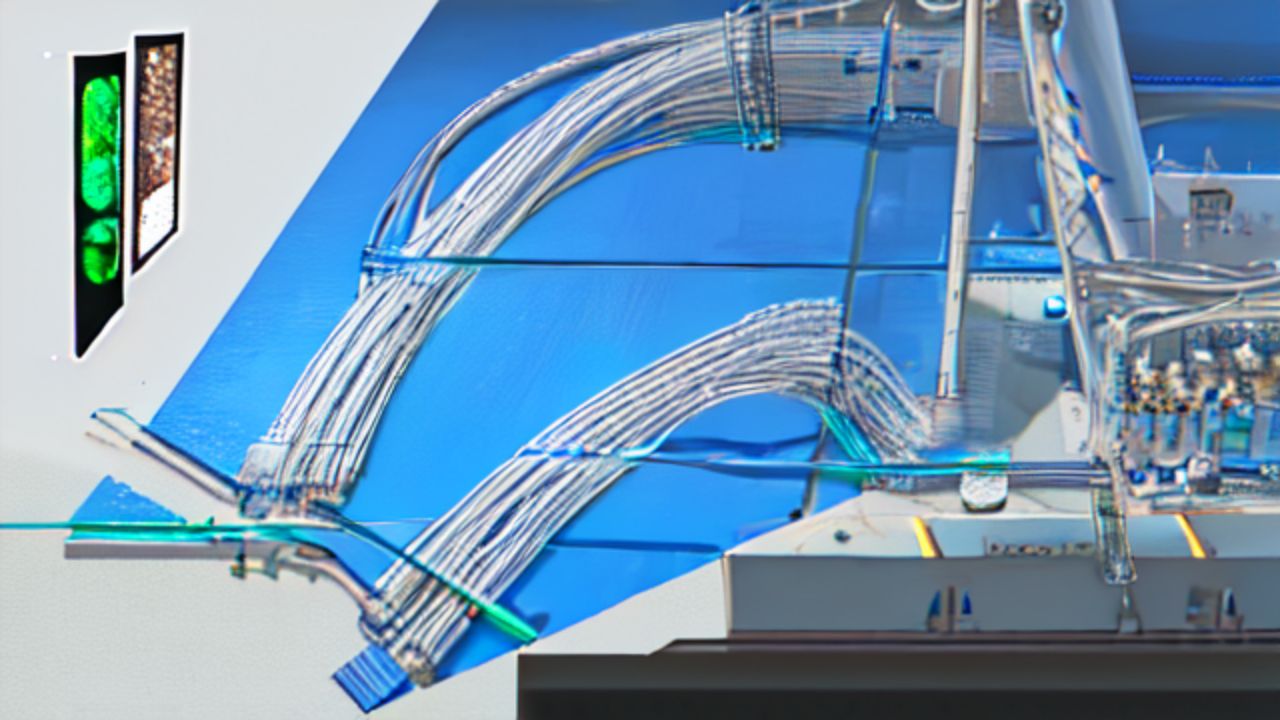
Technology
ADSS Fiber Optic Cable vs. OPGW Cable: An In-depth Analysis and Selection Guide
The world of telecommunications is a complex one, with [ ]
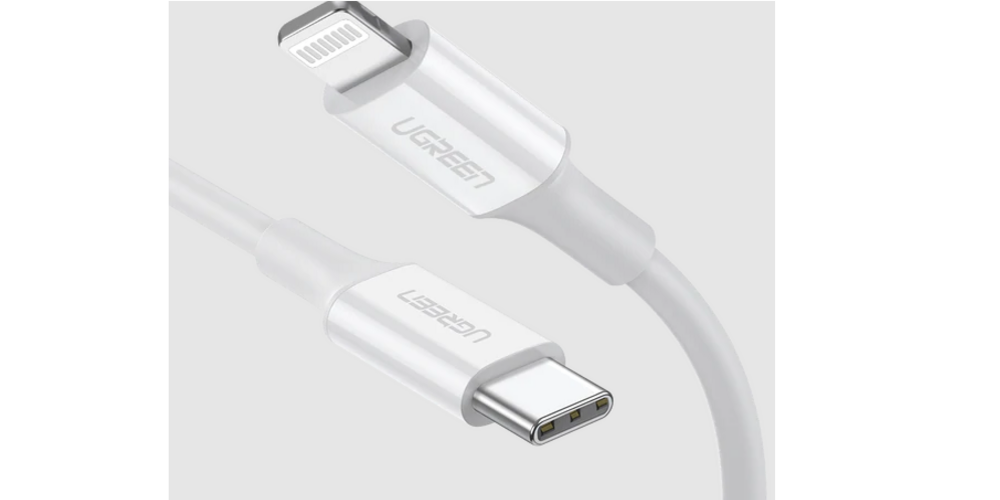
Technology
Why Everybody Needs a Lightning Cable That Charges Fast
A lightning cable is an accessory that every Apple devi [ ]
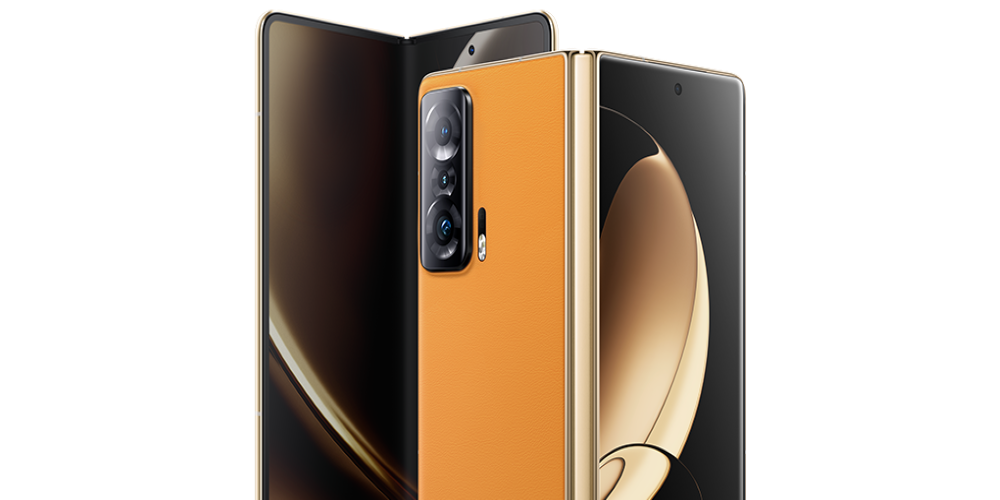
Technology
Reasons Why We Should Appreciate Honor Smartphones
It’s only been nine years since the introduction of hon [ ]
